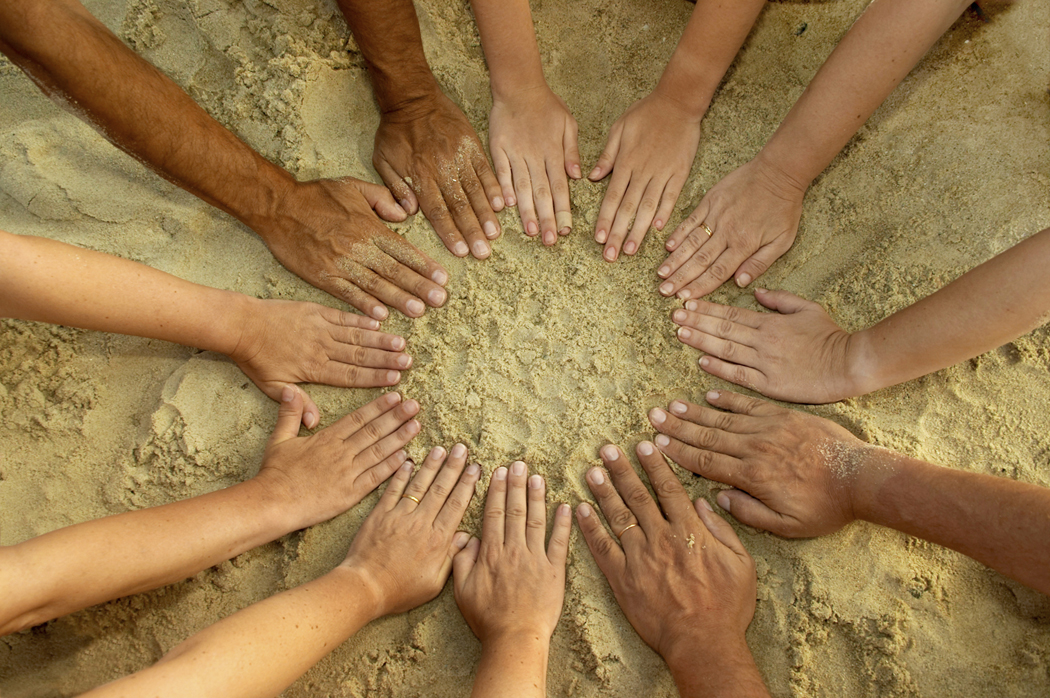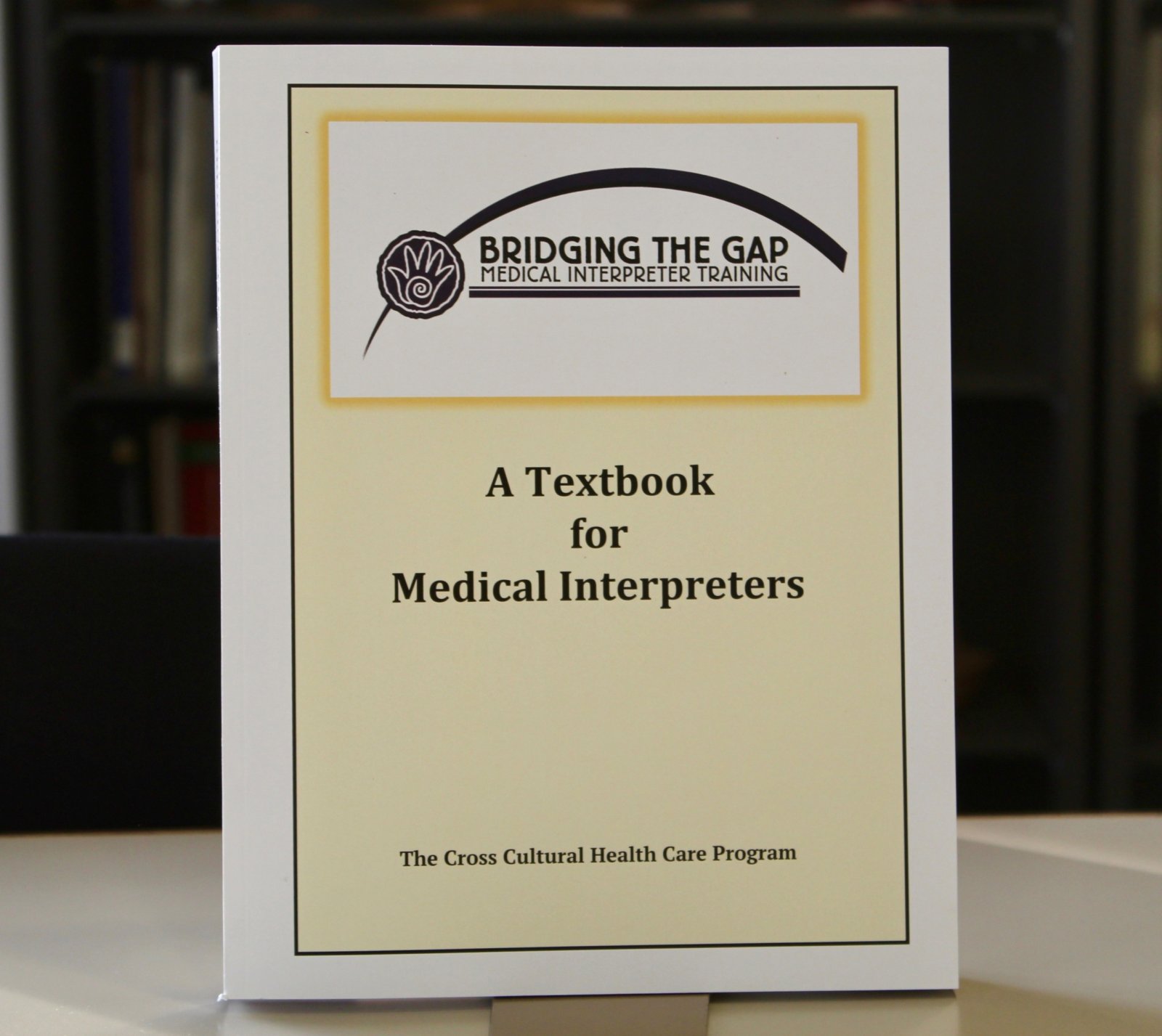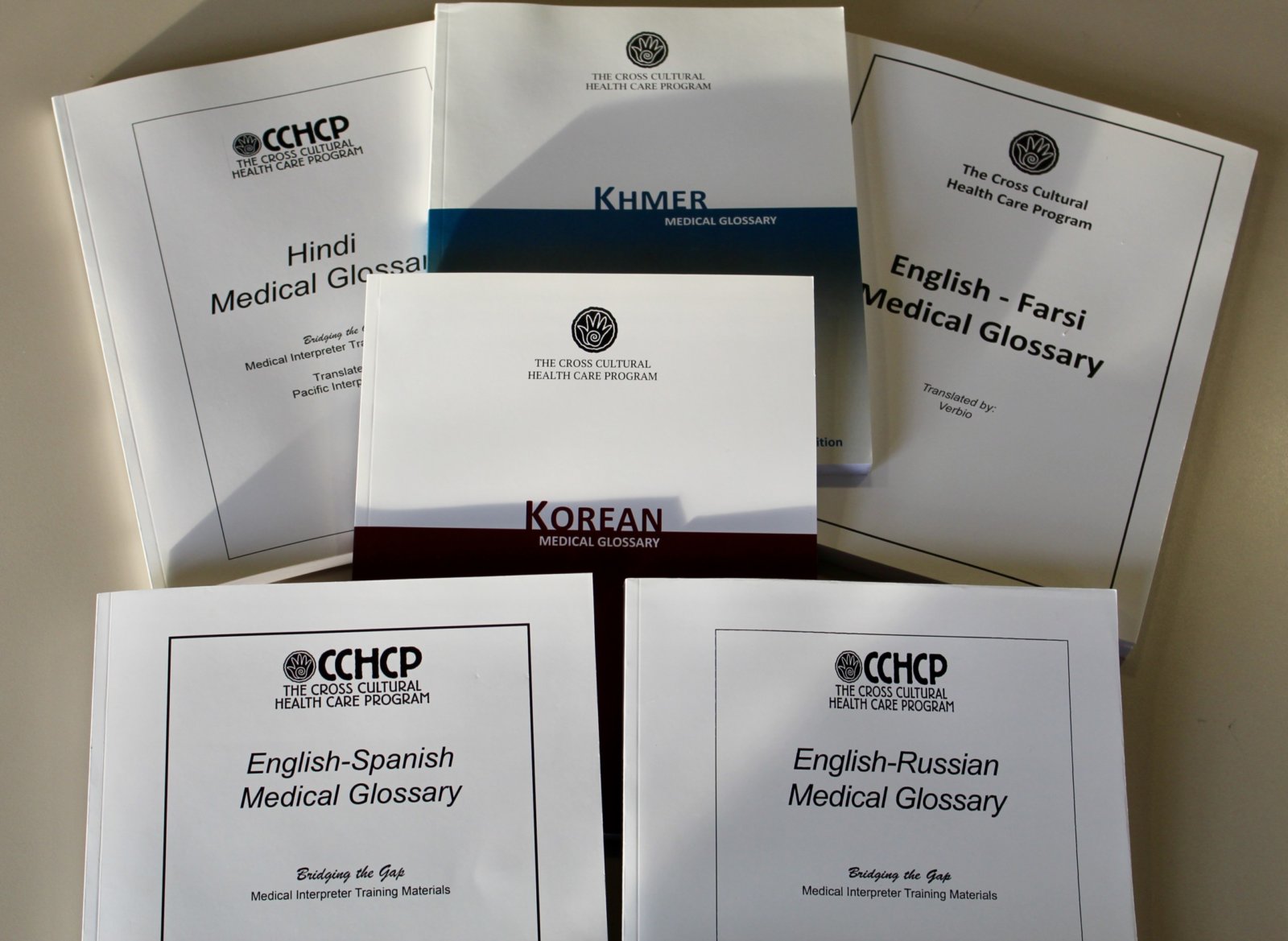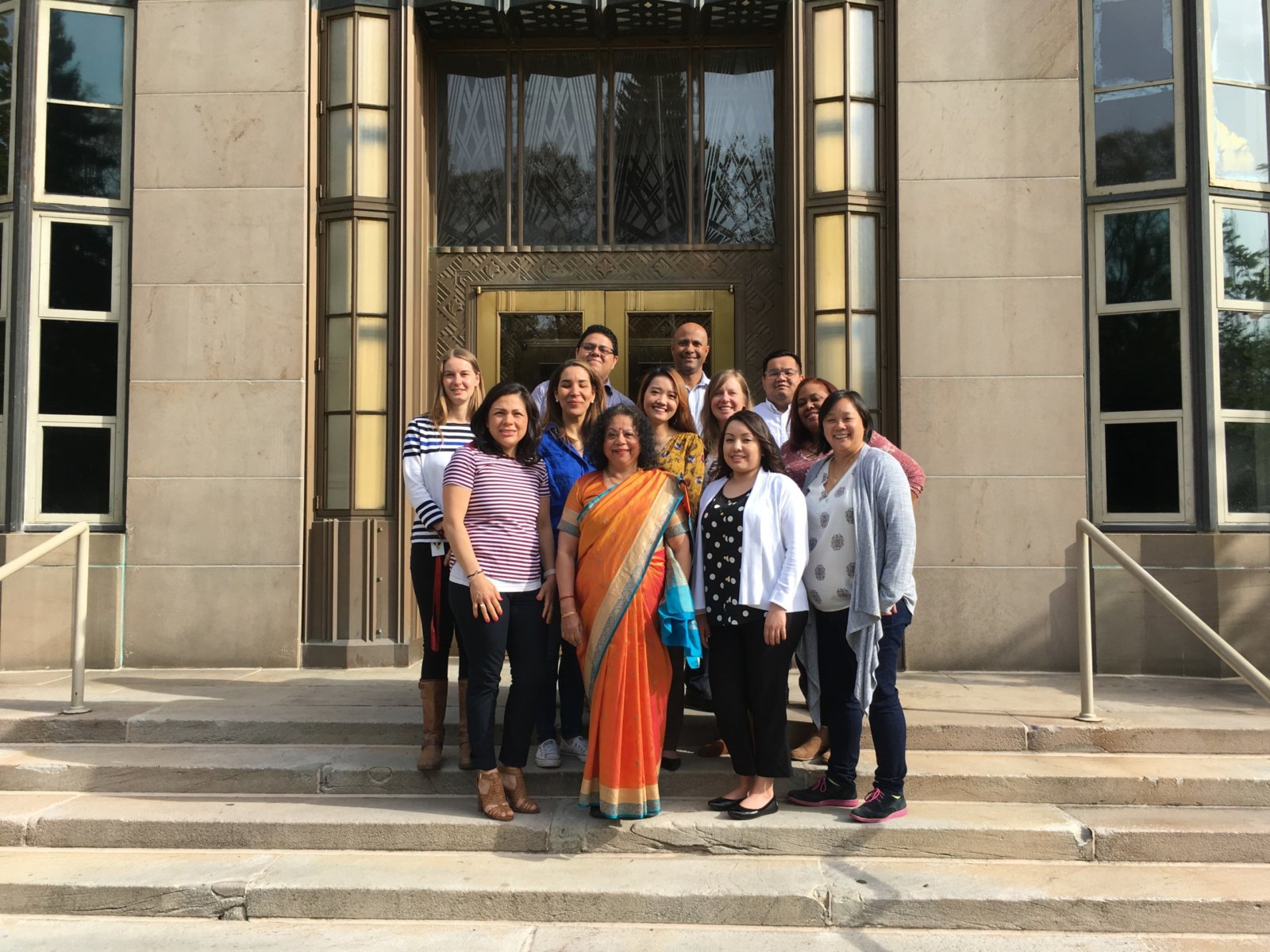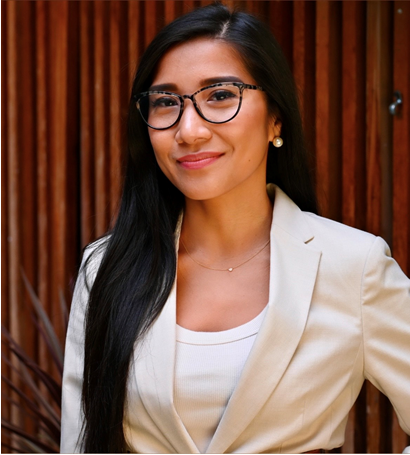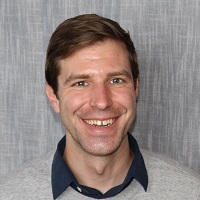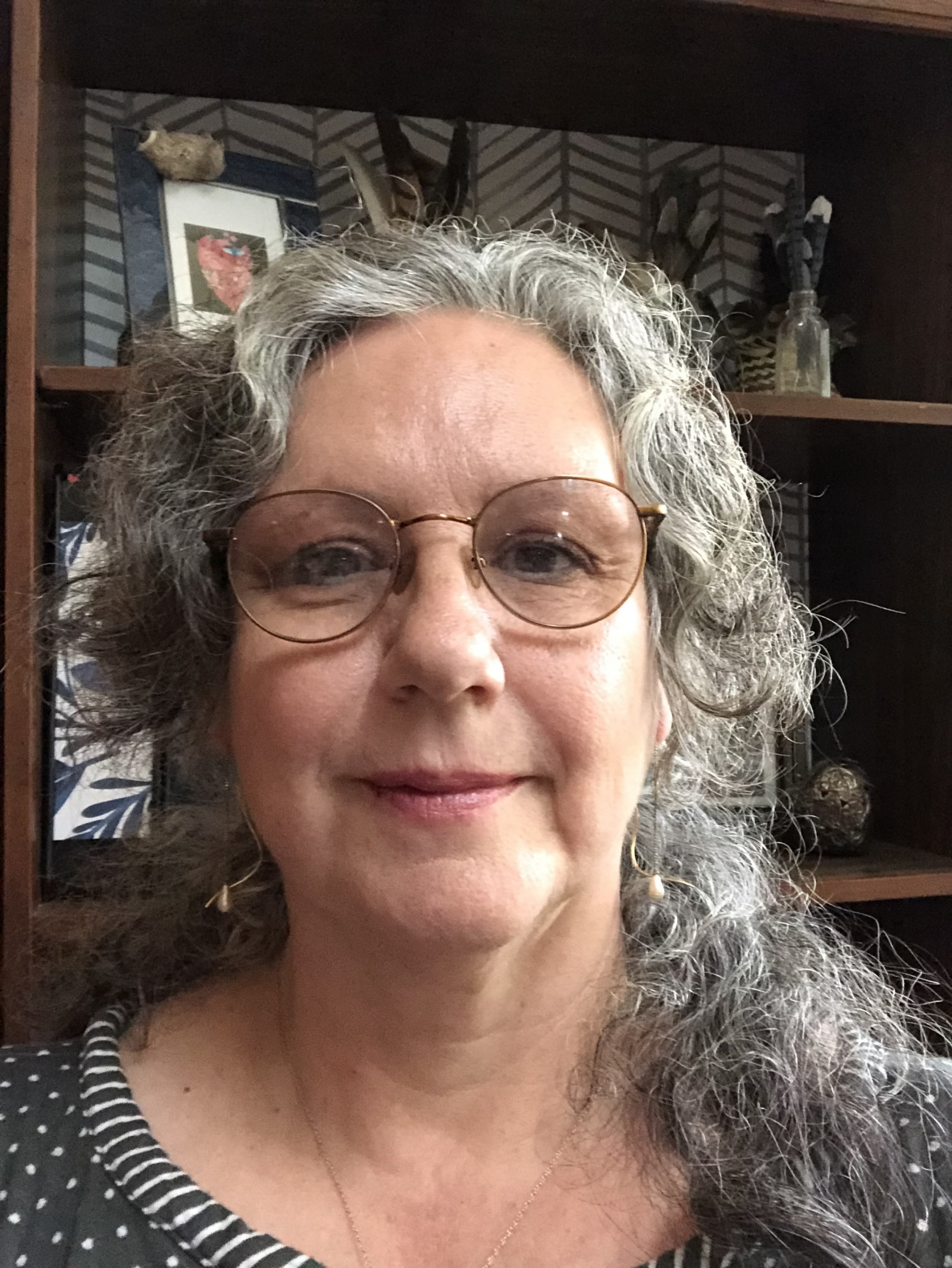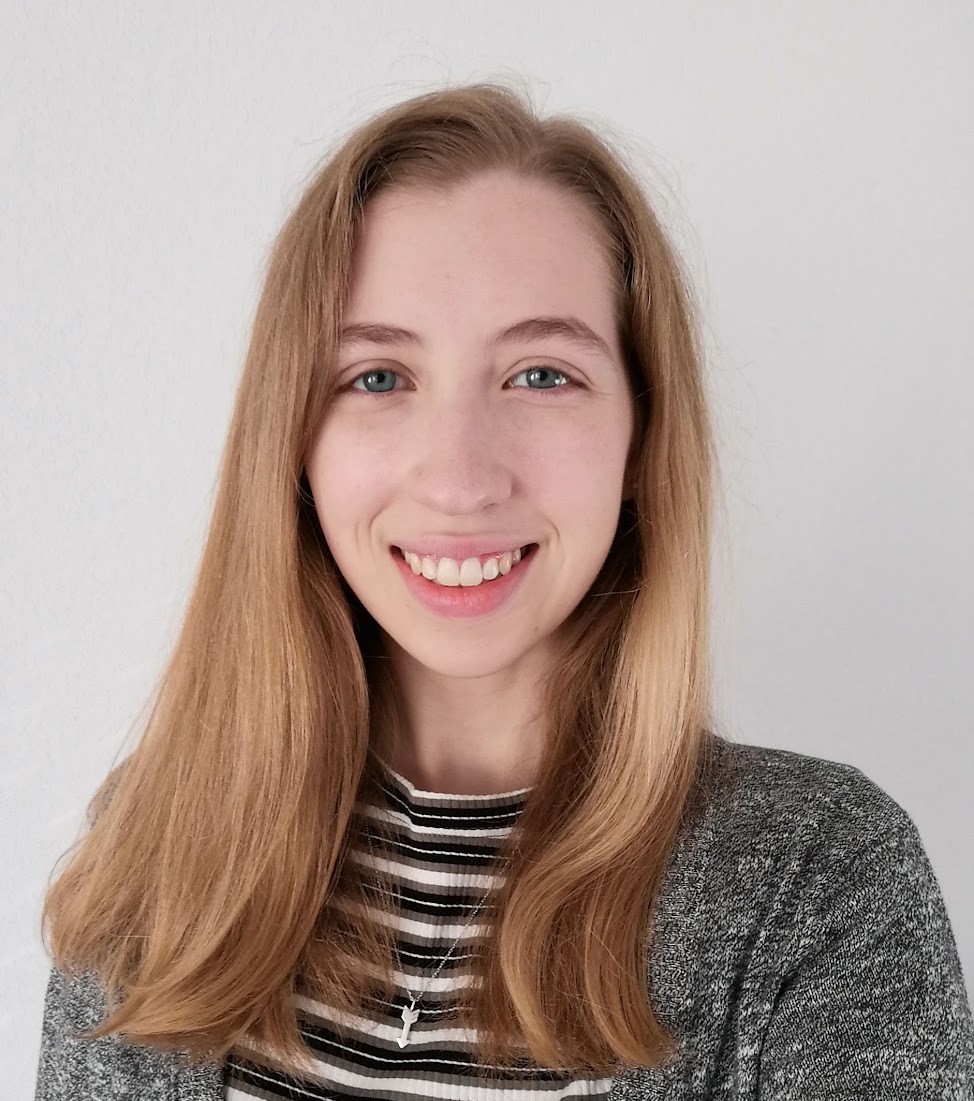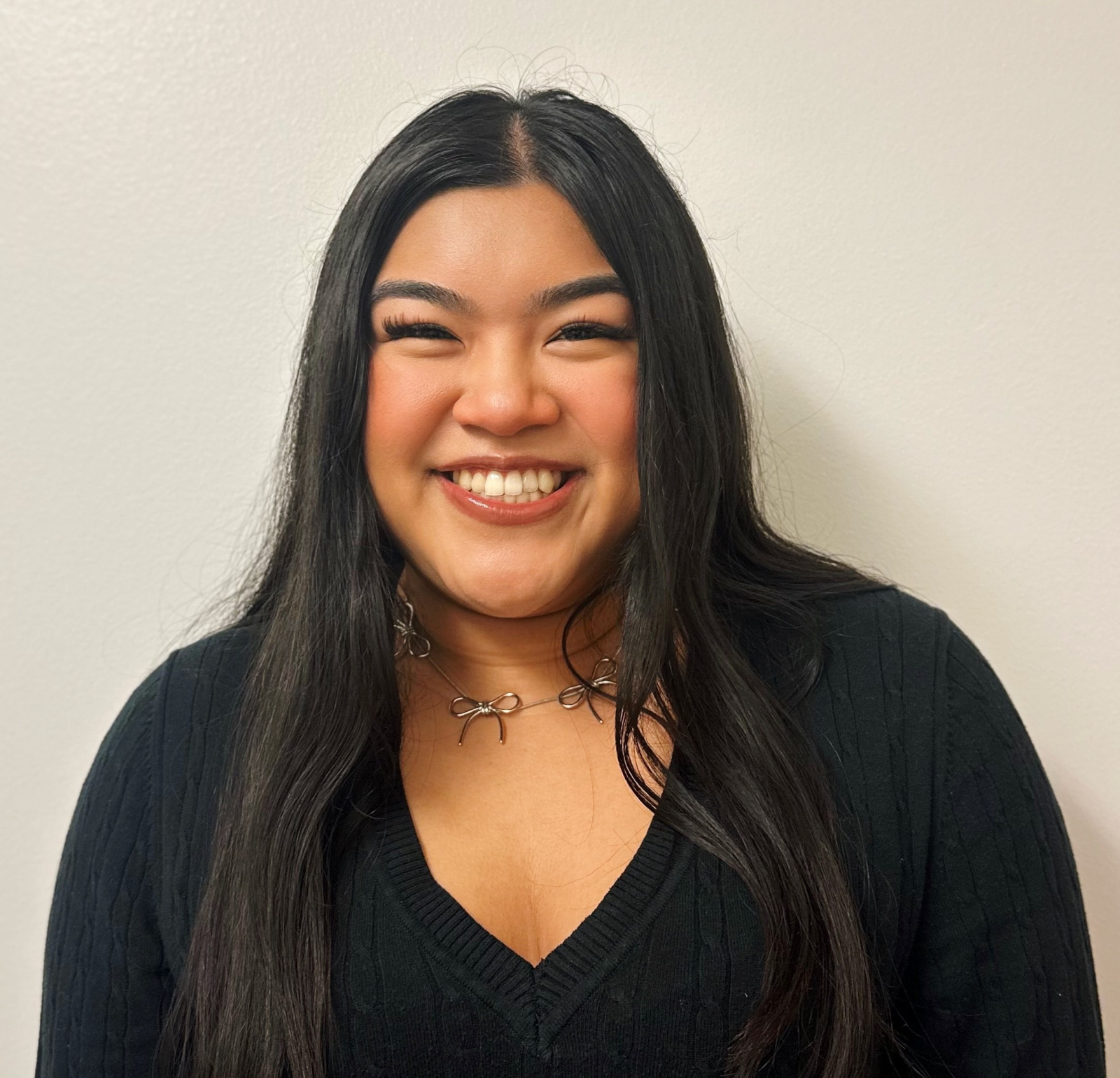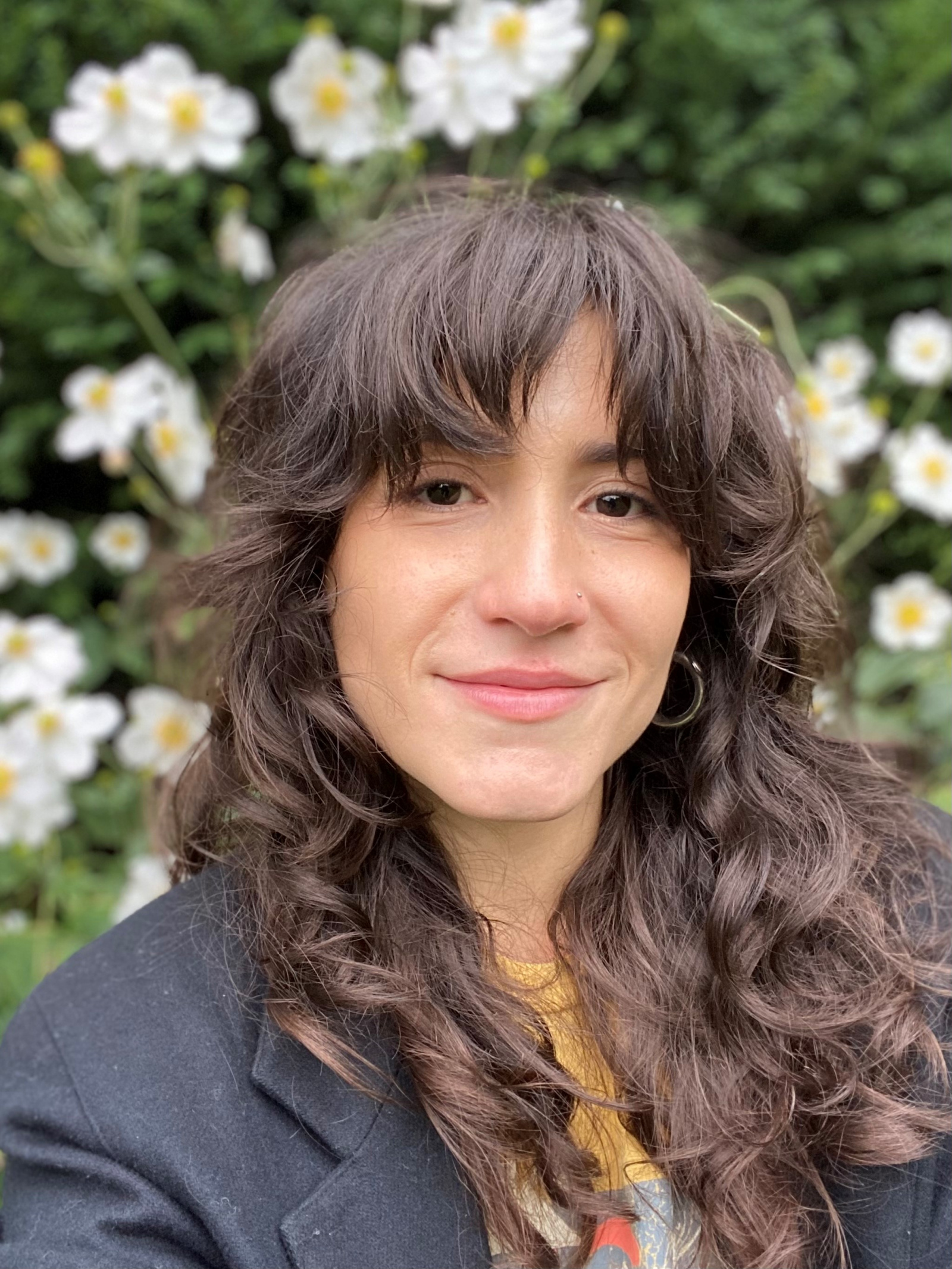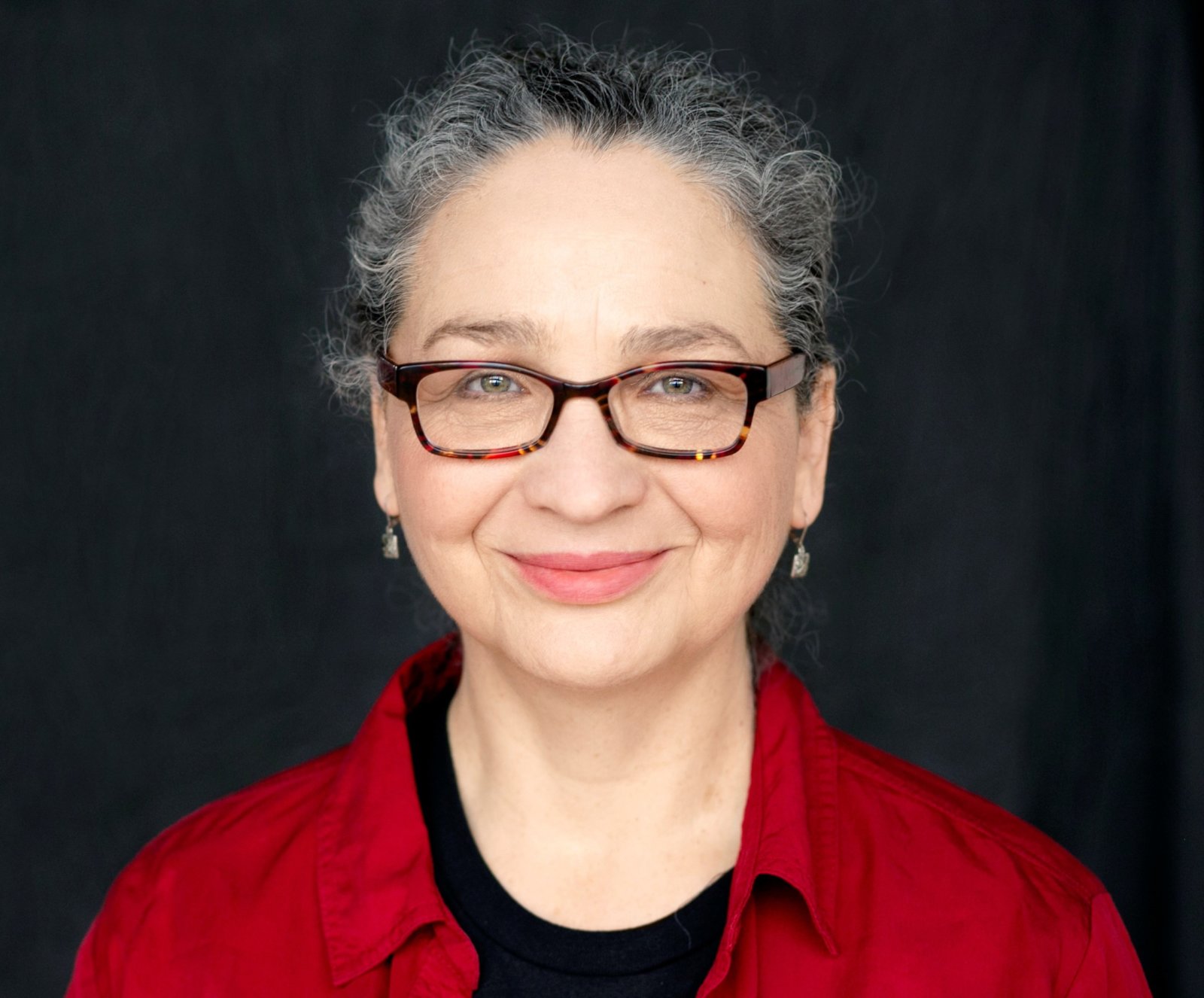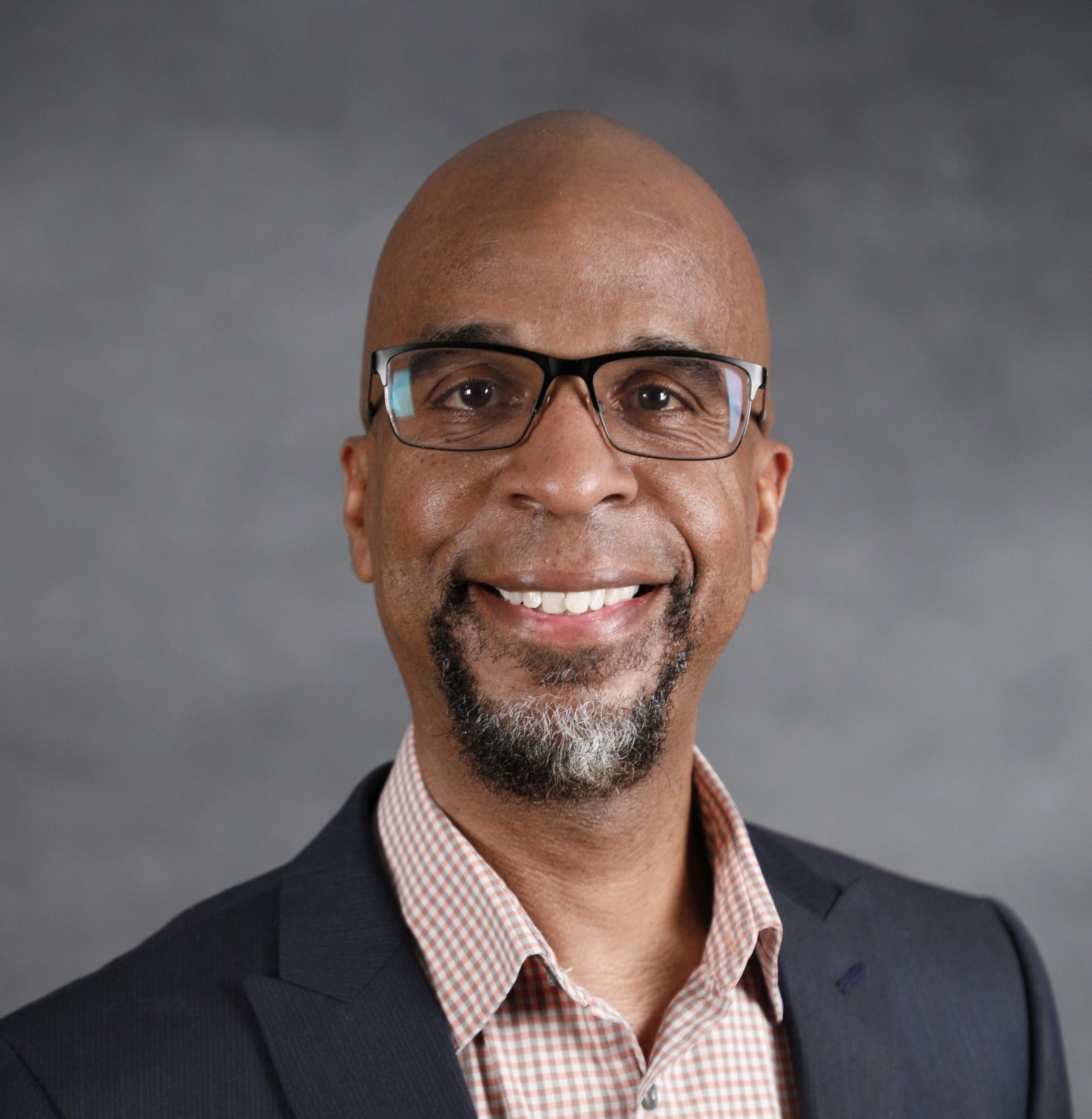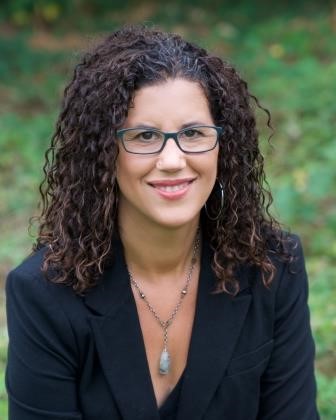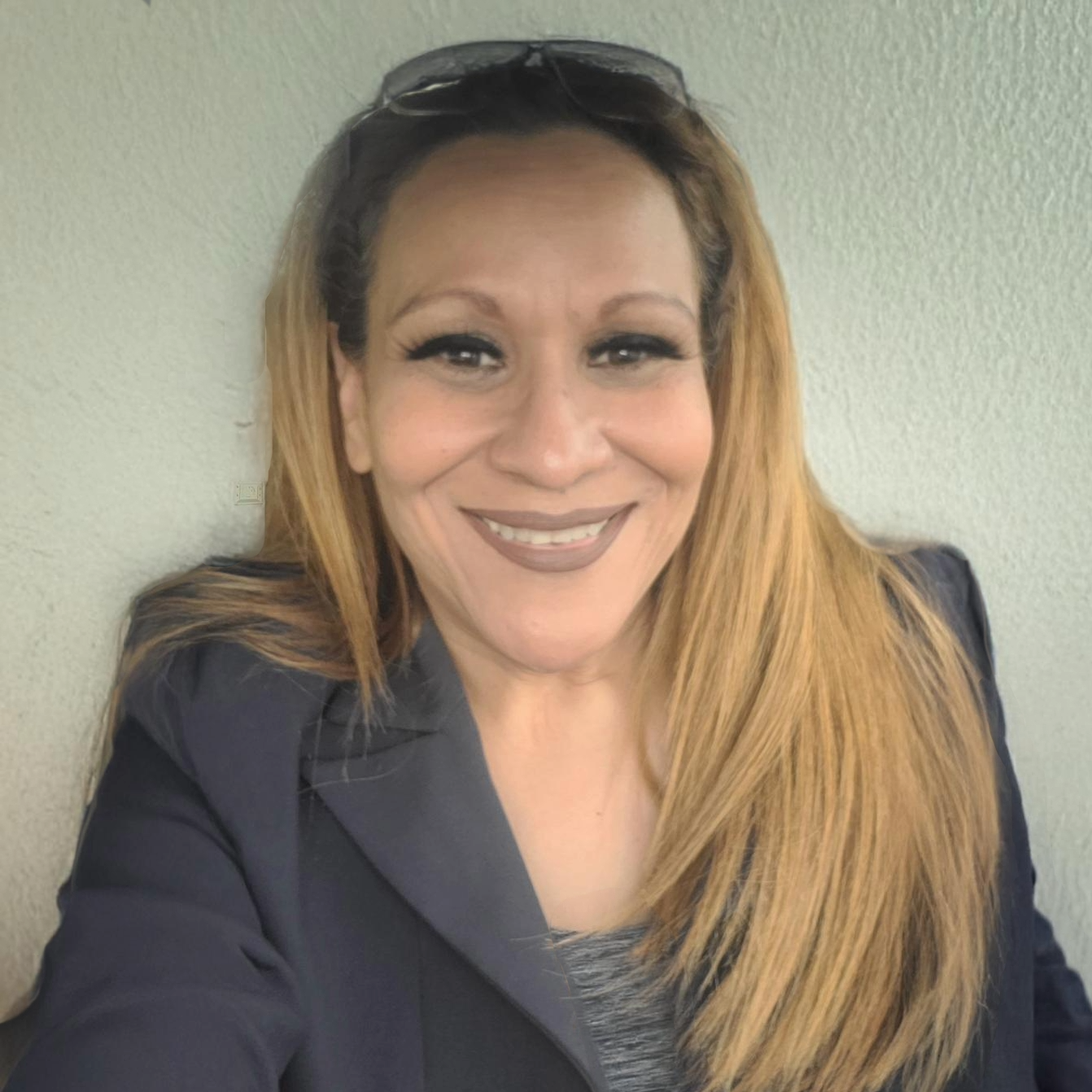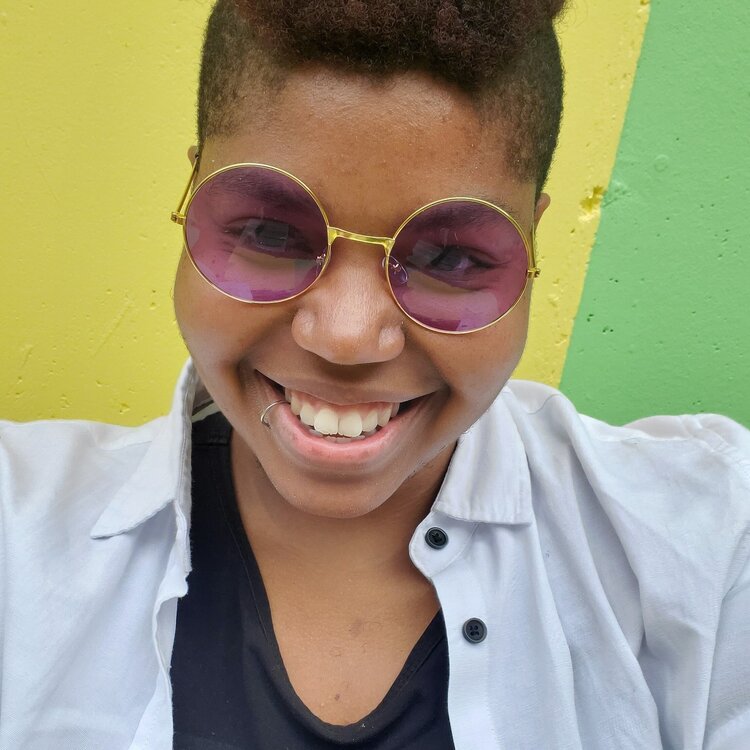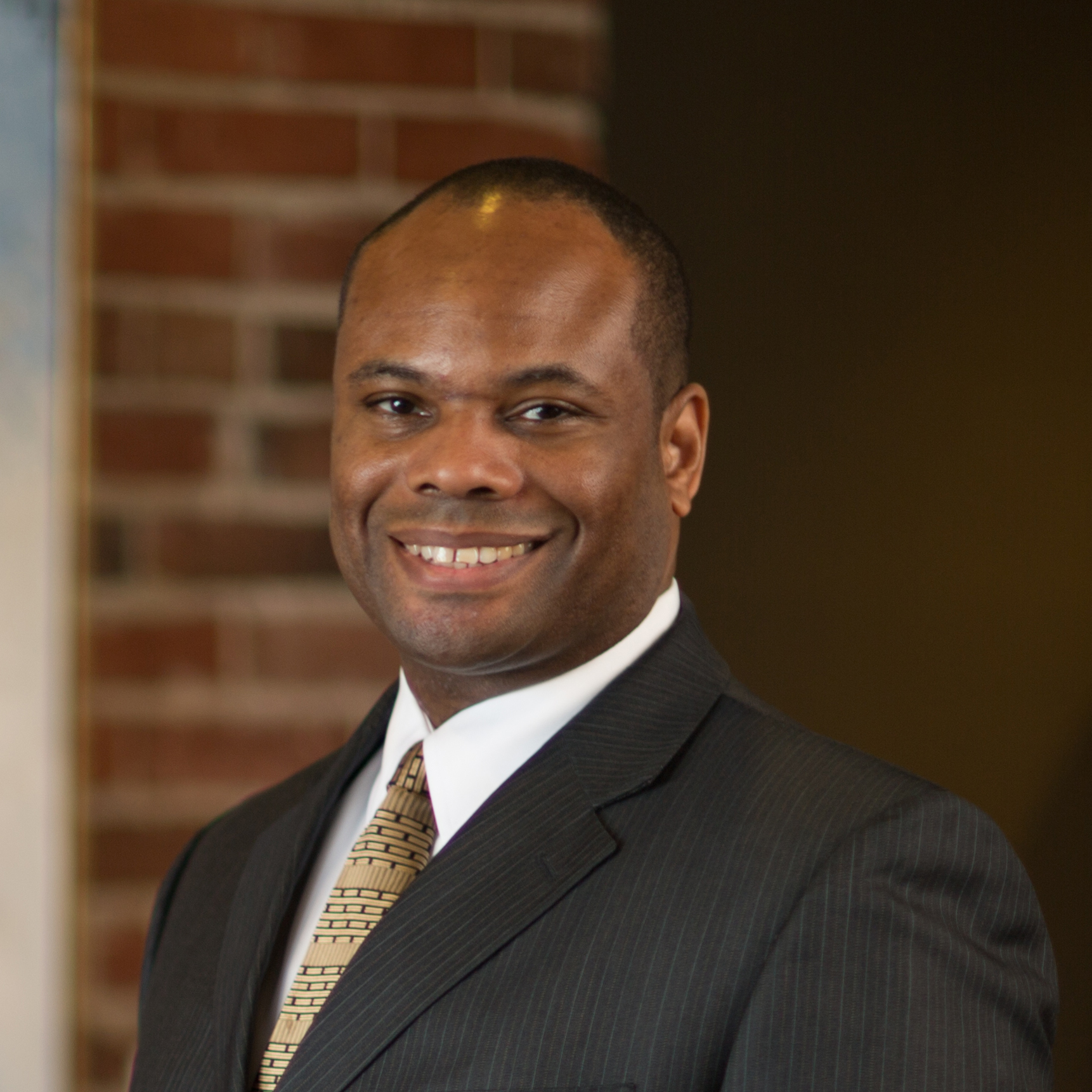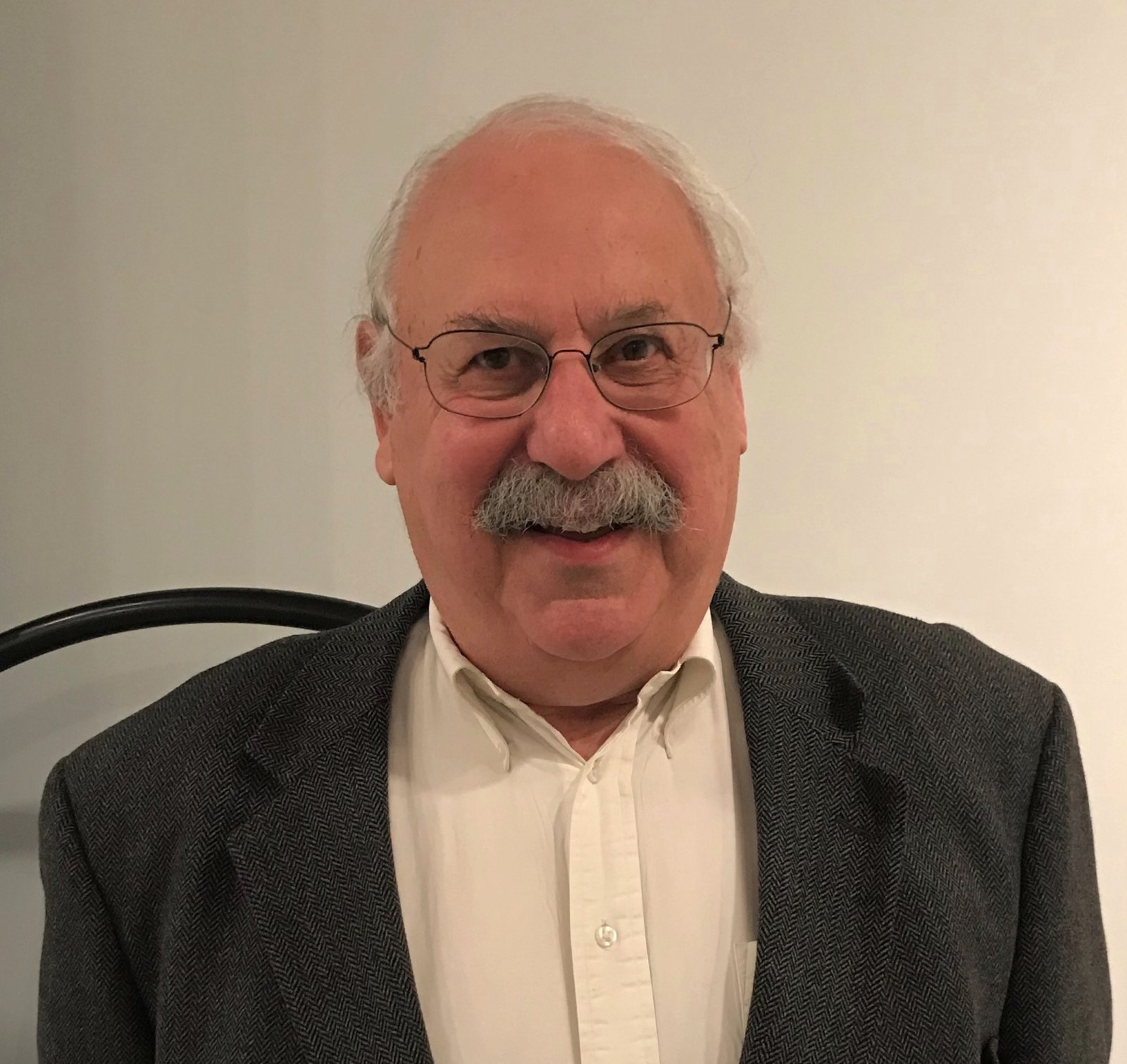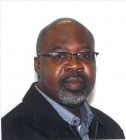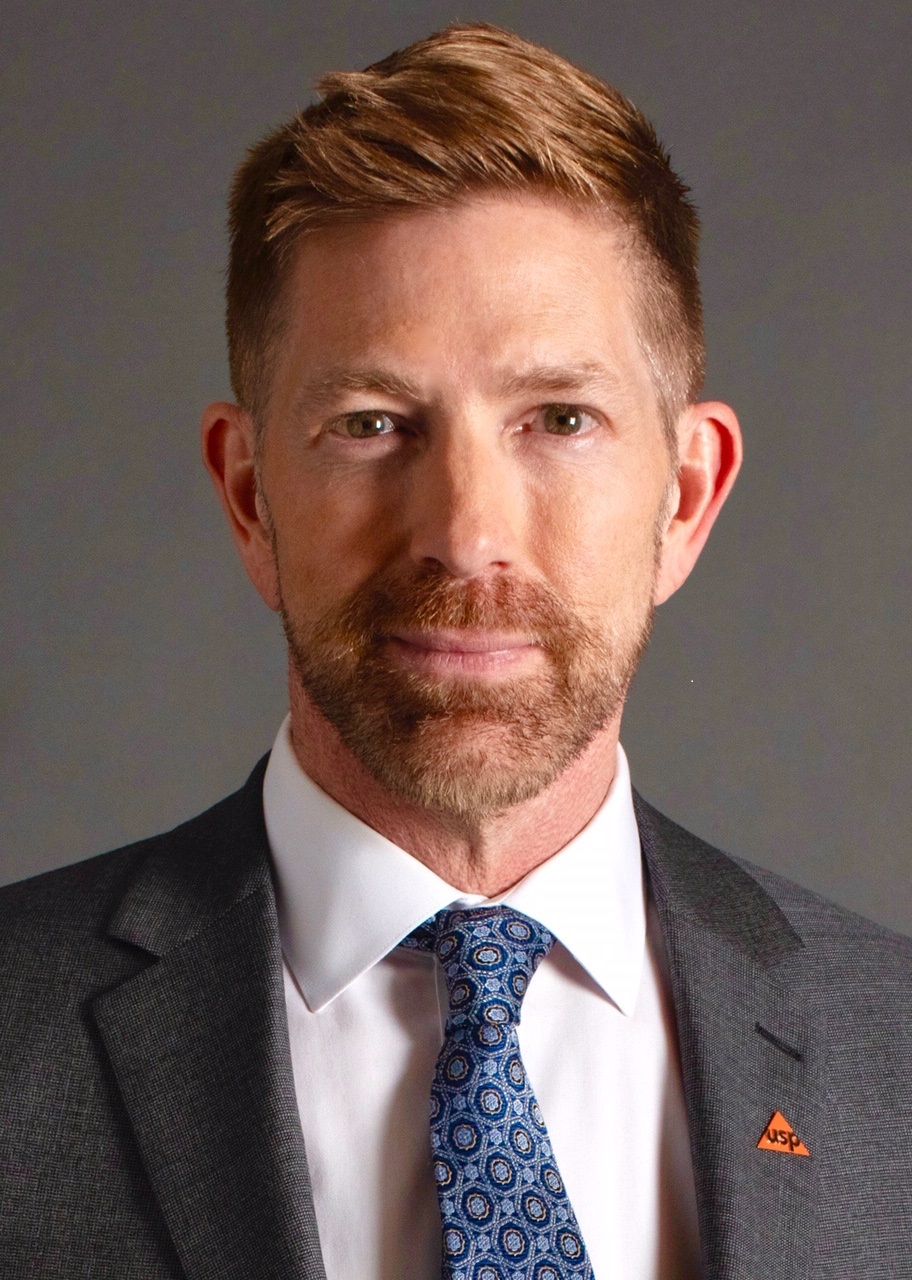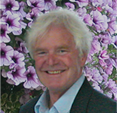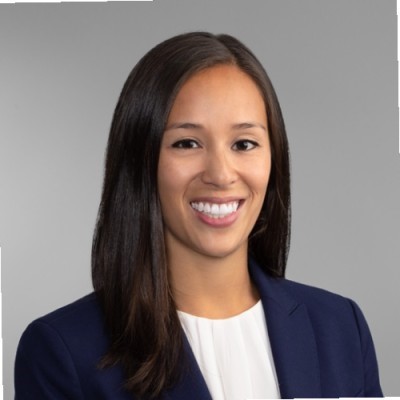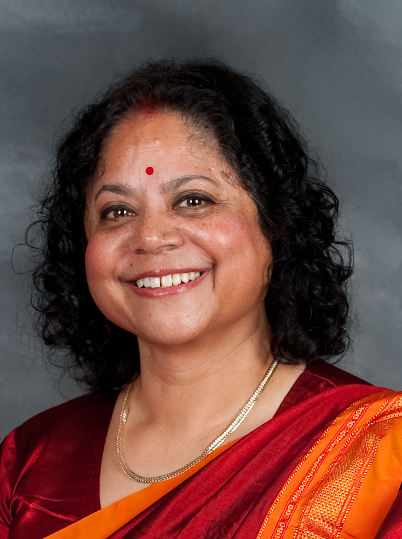What’s our mission?
The mission of The Cross Cultural Health Care Program is to serve as a bridge between communities and health care institutions to advance access to quality health care that is culturally and linguistically appropriate. We provide resources and training for individuals and institutions with the goal of systems change.
What’s our vision?
The vision of The Cross Cultural Health Care Program is Health Care in every Community, every Community in Health Care. We envision a world where every community in our society has equitable access to quality health care, and where every community has its voice heard, valued, and represented within the health care system.
As we work towards our vision and our mission, we are committed to:
Addressing Needs
Addressing the needs of ethnic communities and providers in the health care system
Providing Training
Providing relevant state-of-the art educational and training materials
Enhancing Skills
Enhancing professional skills and opportunities for medical interpreters
Expanding Communication
Enhancing the ability of health care and human services providers to provide culturally and linguistically appropriate services
Scaling Capacity
Building the internal capacity of organizations towards stronger cultural competency, and belonging for all.
Land Acknowledgment
It is our honor and privilege to acknowledge that we live and work on the ancestral land of the Duwamish People and other First Nations people. We respect and are grateful for their culture, stewardship, and ongoing contributions to our communities. Together, we can work to eliminate inequities and barriers to access across the fields of health care and human services.
History

1992
The Cross Cultural Health Care Program (CCHCP) is established under the auspices of the Pacific Hospital Preservation and Development Authority/Pacific Medical Clinics, with a grant from the W.K. Kellogg Foundation. The grant is in response to the increasingly urgent need to address the diverse health care needs of the growing limited English speaking populations in the Seattle area. In 1994-95, CCHCP conducts a survey of the health care experiences of 22 underserved communities in the Seattle area, and also convenes a National Working Group that meets over a 4-year period. This group serves as the launchpad for several national and state medical interpreter organizations.

1995
The Bridging the Gap (BTG) training program and textbook for medical interpreters is launched – the first 40-hour professional medical interpreter training program in the nation. An advisory group of community members, interpreters, and health care and social services experts provides input to BTGs development.

1996
CCHCPs training on cultural competency, belonging, and unity is launched. With a second grant from the Kellogg Foundation, CCHCP begins to disseminate its training programs on a national level. The Bridging the Gap medical interpreter course is updated in 1997, 1998 and 1999.

2001
CCHCP serves as the convener and facilitator of the Cross Cultural Work Group on Tobacco for the Washington State Dept. of Health’s Tobacco Disparities Advisory Council. This group is charged with developing the Washington State Strategic Plan on Eliminating Tobacco-Related Disparities. CCHCP’s work on this program continues through 2007.

2002
CCHCP becomes an independent nonprofit organization. Our training materials continue to be updated regularly, as the fields of medical interpreting and cultural competency in health care evolve. Our publications now include many bilingual medical glossaries, eventually growing to 27 glossaries.

2005
CCHCP undertakes an organizational cultural competency assessment for Chicago Children’s Memorial Hospital, one of several major assessments we have undertaken for health care and human services organizations across the nation. We also continue our work in cultural competency training, and in convening community meetings on health care issues on behalf of organizations such as International Community Health Services (ICHS) of Seattle.

2014 - 2017
In 2014, a new edition of our core 40-hour Bridging the Gap (BTG) textbook is issued. In 2015, a new training program, Connecting to Care: Patient Guide, is launched. This new course is an advanced program for experienced medical interpreters as they work with health care providers to help patients navigate the health care system. In 2017, an extended 64-hour BTG medical interpreter training course is launched to include mental health and LGBTQIA health.

2022
In 2022 CCHCP celebrates its 30th anniversary and continues to expand its programs. We are training over 2,000 people annually through our customized trainings, cultural competency and language access programs, and working with numerous health care, public health, and human services organizations across the country on various consulting projects from organizational assessments, to community outreach, to strategic planning. The Patricia Dawson CCHCP Scholarship is in its third year and is awarded annually to two participants of the Bridging the Gap medical interpreter training program. The 24-hour Bridging the Gap in Mental Health Interpreting training is launched in 2022, along with several new mental health bilingual glossaries.
Our Team
Our Impact
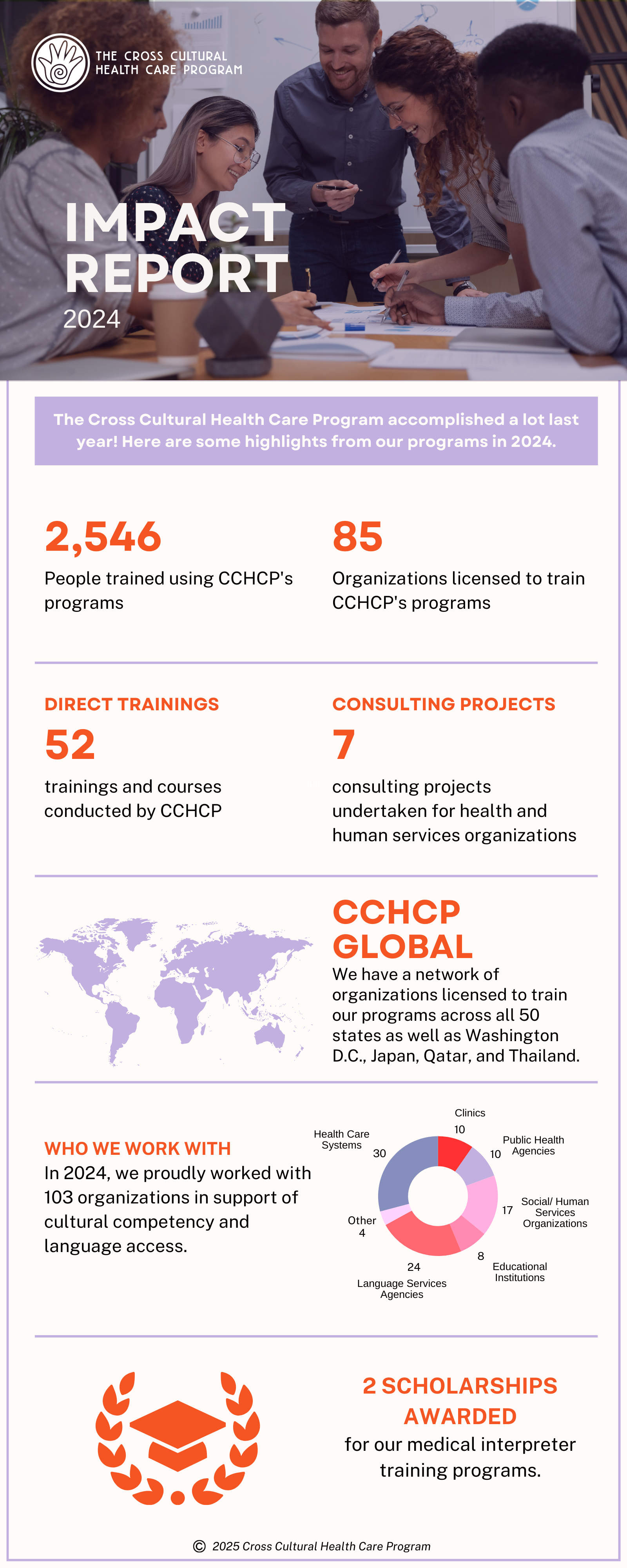
Affiliations
NCIHC
CCHCP is a member of the National Council on Interpreting in Health Care (NCIHC).
IMIA
CCHCP is a member of the International Medical Interpreters Association (IMIA).
NOTIS
CCHCP is a member of the Northwest Translators & Interpreters Society (NOTIS).
CHIA
CCHCP is a member of the California Healthcare Interpreters Association (CHIA)
TAHIT
CCHCP is a member of the Texas Association of Healthcare Interpreters & Translators (TAHIT)
WCIGC
CCHCP is a founding affiliate of the World Council on Intercultural and Global Competence.
